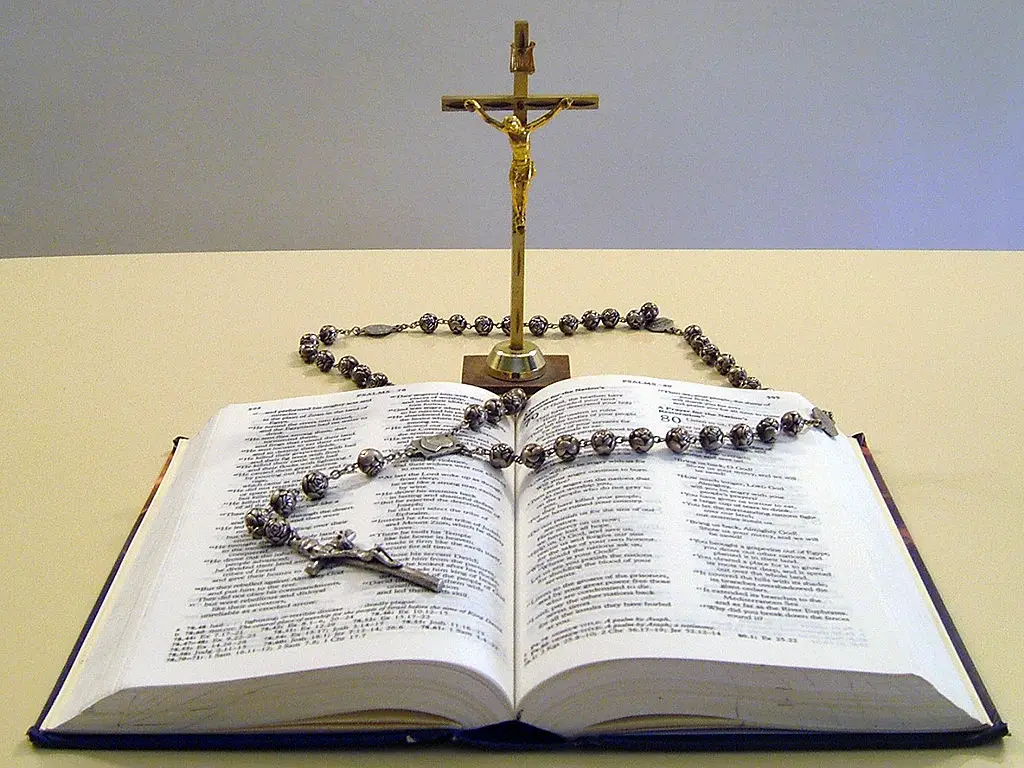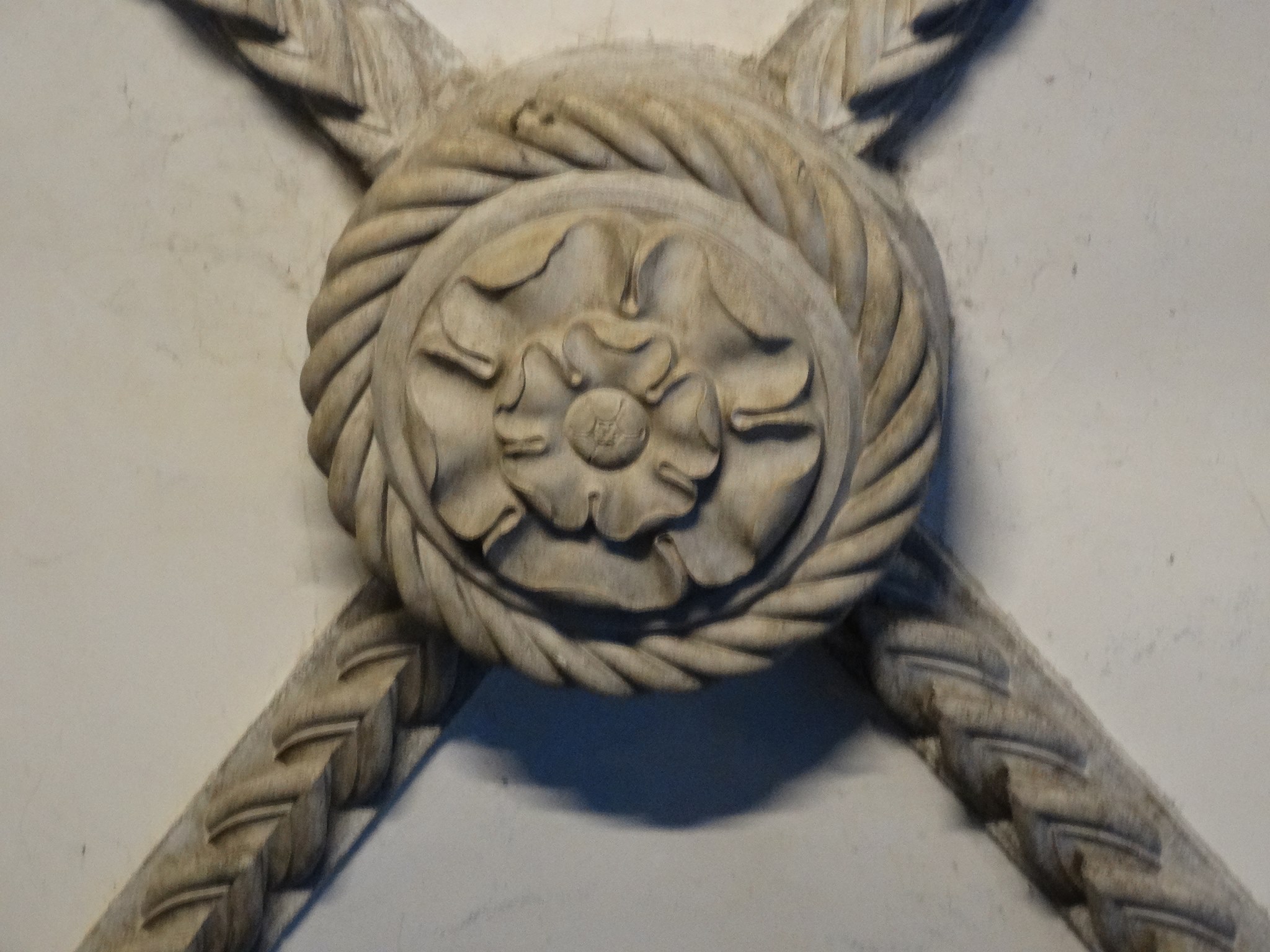King Henry VIII held a great love of jousting. As a young teenager Henry had been denied the ability to joust in competitions as he was the sole heir to the throne. His father, Henry VII, feared his son may be injured or even worse killed. Yet when Henry came to the throne in 1509 he was extremely athletic and quickly took to the excitement and chivalry of the joust.
Throughout the early years of his reign Henry VIII participated in many fabulous jousting events, one of those being on 10th March 1524. However, the joust this day would not go as planned for the King and he faced a near disaster, one which could have ended his life.
During this joust, Charles Brandon, Duke of Suffolk, was set to joust against the King. With one man at each end of the tilt the signal was given to start and both men surged their horses forward. Brandon was wearing a helmet that gave him very little vision and alarmingly the King had forgotten to lower his visor. People cried for Brandon to stop but with limited vision and unable to hear he surged forward and struck the inside of the King's helmet sending splinters exploding over the Henry VIII's face.
In his Chronicle, Edward Hall recounts the incident in more detail:
"The 10th day of March, the king having a new harness [armour] made of his own design and fashion, such as no armourer before that time had seen, thought to test the same at the tilt and appointed a joust to serve this purpose.
On foot were appointed the Lord Marquis of Dorset and the Earl of Surrey; the King came to one end of the tilt and the Duke of Suffolk to the other. Then a gentleman said to the Duke, “Sir, the King is come to the tilt’s end.” “I see him not,” said the Duke, “on my faith, for my headpiece takes from me my sight.” With these words, God knoweth by what chance, the King had his spear delivered to him by the Lord Marquis, the visor of his headpiece being up and not down nor fastened, so that his face was clean naked. Then the gentleman said to the Duke, “Sir, the King cometh”.
Then the Duke set forward and charged his spear, and the King likewise unadvisedly set off towards the Duke. The people, perceiving the King’s face bare, cried “Hold! Hold!”, but the Duke neither saw nor heard, and whether the King remembered that his visor was up or not few could tell. Alas, what sorrow was it to the people when they saw the splinters of the Duke’s spear strike on the King’s headpiece. For most certainly, the Duke struck the King on the brow, right under the defence of the headpiece, on the very skull cap or basinet piece where unto the barbette is hinged for power and defence, to which skull cap or basinet no armourer takes heed of, for it is evermore covered with the visor, barbet and volant piece, and so that piece is so defended that it forceth of no charge. But when the spear landed on that place, it was great jeopardy of death, in so much that the face was bare, for the Duke’s spear broke all to splinters and pushed the King’s visor or barbet so far back by the counter blow that all the King’s headpiece was full of splinters. The armourers for this matter were much blamed and so was the Lord Marquis for delivering the spear when his face was open, but the King said that no-one was to blame but himself, for he intended to have saved himself and his sight.
The Duke immediately disarmed himself and came to the King, showing him the closeness of his sight, and swore that he would never run against the King again. But if the King had been even a little hurt, the King’s servants would have put the Duke in jeopardy. Then the King called his armourers and put all his pieces together and then took a spear and ran six courses very well, by which all men might perceive that he had no hurt, which was a great joy and comfort to all his subjects there present."
Naturally, Charles Brandon - as well as all those that witnessed the impact - was alarmed! The impact of being hit in the head at full pace with a lance could have killed the King instantly! Or one or more of the splinters could have entered the King's eyes or even his brain causing a slow and painful death. Luckily, Henry VIII was not badly hurt and laid no blame upon Charles Brandon and their friendship remained intact.
Charles Brandon swore that he would never joust against the King again, but Henry VIII did not take this vow seriously. Brandon was one of the few men at court that were equal to the King in skill and ability in the joust and Henry VIII wanted an opponent that could offer him a true challenge. Nine months later the pair would joust opposite one another again.
Henry VIII had escaped a near fatal jousting accident… little did he know that twelve years later he would again suffer another, far more serious jousting accident that would affect him deeply for the rest of his life.
Tudor Society members can view Claire's video on Henry VIII: The Jouster, in which she examines the records that tell of how he excelled at the sport, and also accounts of his accidents.
Sarah Bryson is the author of Mary Boleyn: In a Nutshell. She is a researcher, writer and educator who has a Bachelor of Early Childhood Education with Honours and currently works with children with disabilities. Sarah is passionate about Tudor history and has a deep interest in Mary Boleyn, Anne Boleyn, the reign of Henry VIII and the people of his court. Visiting England in 2009 furthered her passion and when she returned home she started a website, queentohistory.com, and Facebook page about Tudor history. Sarah lives in Australia, enjoys reading, writing, Tudor costume enactment and wishes to return to England one day. She is currently working on a biography of Charles Brandon, Duke of Suffolk.
Sources
- Hall, Edward 1809, Hall's chronicle: containing the history of England, during the reign of Henry the Fourth, and the succeeding monarchs, to the end of the reign of Henry the Eighth, in which are particularly described the manners and customs of those periods. Carefully collated with the editions of 1548 and 1550, J. Johnson, London.
- Lipscomb, Suzannah 2009, 1536: The Year that Changed Henry VIII, Lion Hudson plc, Oxford.
- Loades, David 2012, The Tudors: History of a Dynasty, Continuum International Publishing Group, London.
- Mackay, Lauren 2014, Inside the Tudor Court, Amberley Publishing, Gloucestershire.




Love the article, not too long to read and good info.
Where did this take place.. Richmond? .. and where did the deathly one take place that did supposedly cause damage take place? Was that also Richmond? I know the Brandon incident was at Richmond?
Hi Maggie,
I’m not entirely sure where Shrovetide was spent in 1524 and Edward Hall doesn’t state the location in his account. Sorry.
Joust Henry? Pfft!
I could take him.
Had he been a little less grandiose, he could have avoided his TBI.
At this point Henry was still a slim, handsome and fit young man. Jousting was only one of the sports at which he excelled.
Mild concussion probable most likely, a more serious one, maybe, but doubtful. Coupled with his leg ulcers, whose treatment may have inadvertently given him lead poisoning and Henry’s other health issues give rise to more questions than answers about how his hard living changed the trajectory of his reign from one of the best to the butt of many jokes and a bad song or two.
Henry VIII multiple traumatic brain injuries increasingly had a profound effects on his political policies. I have never seen anyone write about this issue from the POV of both a TBI survivor and someone who has worked and volunteered extensively with others who have suffered every type and level of severity of TBI. For instant, if you don’t have the depth of experience that I do, you will not understand that it doesn’t explain anything to just say that it wasn’t a “serious” TBI (“concussion” is not the correct term.) You won’t have inside knowledge of exactly what happens to social/emotional abilities, to anger management, to patience levels, to all of it, after a TBI. As far as I know, nobody who has the knowledge and experience I do has ever written either a fiction or nonfiction book about the Tudors. My perspective literally is unique. I can bring knowledge and experience to the table as nobody else has ever done. . I think it’s past time for this to happen. Maybe all of this suffering could find a meaning after all.